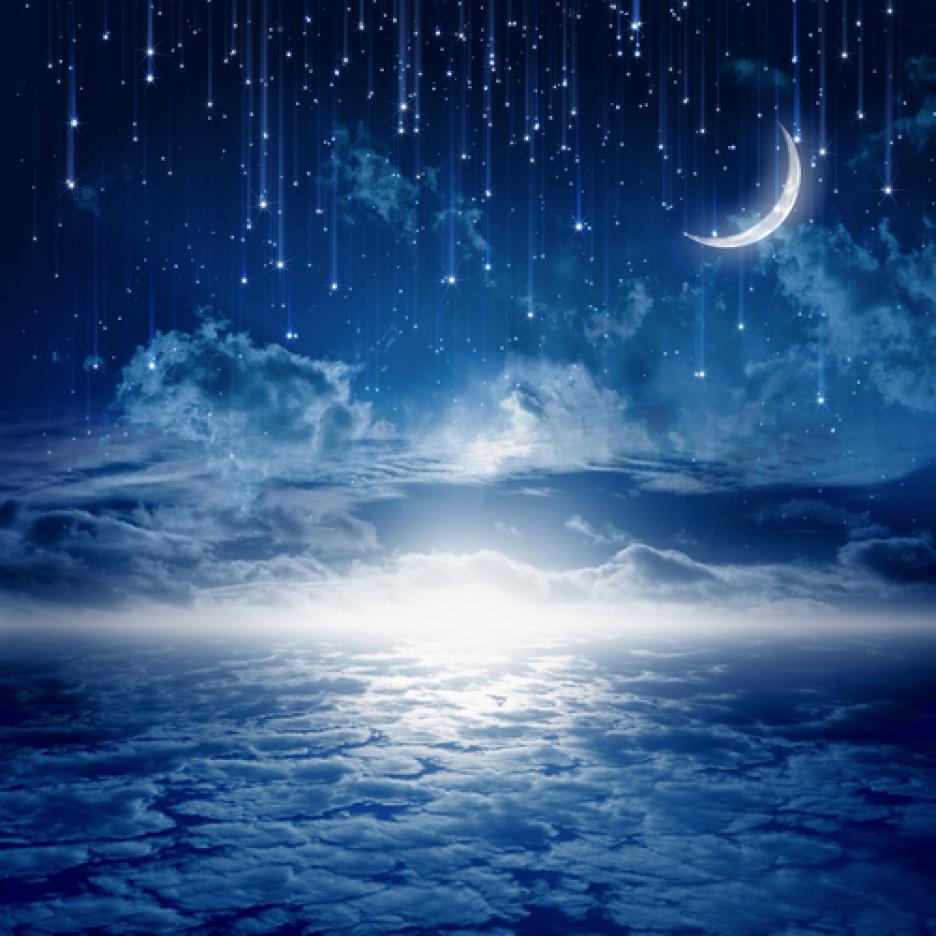Half of our brain is awake when sleep in a another place

Waking up suddenly at night in a hotel room in a friend's house or even in your old bed can be a confusing experience. You feel a strange sense of panic you feel disoriented. The smallest sound can wake you up.
Your inner compass seems to spin for a few seconds while trying to realize and remember where you are. The next morning not feeling rested, still shaking off the effects of poor sleep before you go down to breakfast or to join their hosts, who, of course, slept very well. Fortunately, the next night is usually much easier to fall asleep.
A team of researchers at the University of "Brown" has recently published his findings on "The effect of the first night" in the journal Current Biology.
Using techniques for neuroimaging researchers found that only half of the brain sleep completely, while the other half remained partially awake as a kind of "night guard".
According to their findings, this function serves as "an act of survival in an unfamiliar and potentially dangerous environment, supporting one hemisphere more vigilant as night clock that wakes the sleeper when detect unknown external signals."
In other words, one hemisphere remains vigilant to protect you from potential danger. Such practice exists in animals.
"We know that during sleep in marine mammals and some birds, one hemisphere of the brain sleeps while the other" monitor, "said study co-author Yuka Sasaki.
Curiously, the researchers noted that, at least in humans, the left hemisphere is more vigilant from the right, but have yet to understand why.
source: https://pixabay.com/
@martinio6 got you a $1.37 @minnowbooster upgoat, nice! (Image: pixabay.com)
Want a boost? Click here to read more!